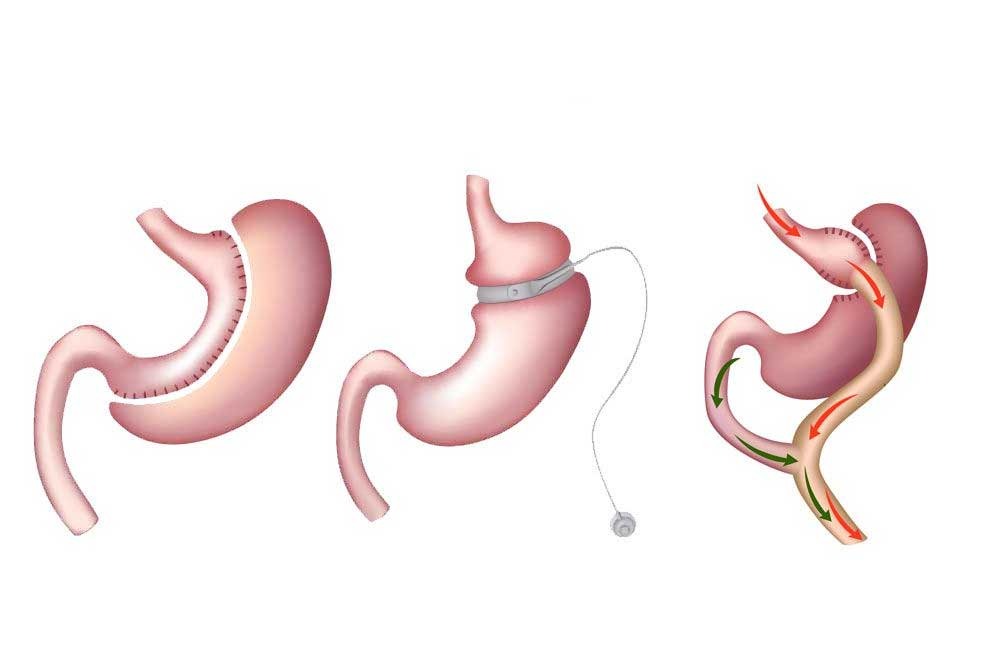The Need for Revisional Bariatric Procedures
Bariatric surgery has helped many individuals achieve significant weight loss and health improvements. However, not every weight loss surgery delivers lasting results for every patient. In some cases, the initial procedure may not meet expectations due to various reasons, making a second procedure a necessary step.
This second surgery aims to correct issues from the original procedure, restore effective weight loss, or address complications. With a modified approach and experienced surgical care, revisional bariatric surgery offers a chance to regain control over long-term health goals.
Why Initial Bariatric Surgery May Require Revision
Several factors may influence the outcome of primary bariatric surgery. Over time, the body can adapt to changes from the original operation. This might reduce its effectiveness in supporting weight loss. In some situations, the initial procedure may not have been suitable for the patient’s medical condition or lifestyle.
Other times, the original surgery might result in complications such as severe acid reflux, strictures, or nutritional deficiencies. These complications may hinder progress and affect the quality of life. A follow-up procedure is often recommended in such cases to address these problems and ensure safer outcomes moving forward.
Types of Revisional Procedures
Different types of weight loss surgeries can be revised in various ways. A common example is gastric banding, which may lead to poor weight loss results or mechanical issues. In many cases, it is removed and replaced with a more effective option like a sleeve gastrectomy or gastric bypass.
Sleeve gastrectomy can also be revised if the stomach stretches over time, leading to weight regain. Conversion to a gastric bypass might be suggested for better weight loss and to reduce complications like reflux. Surgical adjustments or pouch resizing could be considered for those who have undergone a gastric bypass but have regained their weight. The choice of procedure depends on the patient’s condition, history, and goals, making a thorough evaluation essential before moving forward.
Benefits of Choosing Revision When Needed
A revisional procedure can bring renewed weight loss and improved health when performed with care. Beyond physical results, many individuals report enhanced confidence, better mobility, and improved control over related conditions such as type 2 diabetes or sleep apnea.
Some may also experience relief from complications caused by the original surgery. With improved digestion and reduced discomfort, daily living becomes more manageable. The path may be challenging, but the outcomes often make the effort worthwhile.
Revisional Surgery in the Context of Metabolic Health Services
Modern metabolic and bariatric clinics offer structured approaches for revision procedures. Services are modified to meet the patient’s specific needs and are supported by a team of skilled professionals. A coordinated plan involving surgeons, nutritionists, and care coordinators ensures safe and efficient care throughout the journey.
Whether dealing with anatomical issues or struggling with weight regain, a personalised plan can restore momentum in the weight loss process. Every step, from consultation to recovery, is guided with attention to both safety and long-term success.
Revisional bariatric surgery offers a valuable second chance for those facing setbacks after their initial procedure. It allows for correction, improvement, and progression when initial results fall short. With careful planning and expert support, individuals can achieve better health outcomes and return to a sustainable weight loss path. Choosing the right surgical and support team remains essential in navigating this process. By addressing complications and enhancing previous results, revision procedures can pave the way for renewed confidence and a healthier life.
READ MORE : The Rise and Fall of Bitcoin Pizza Day: How a $300M

